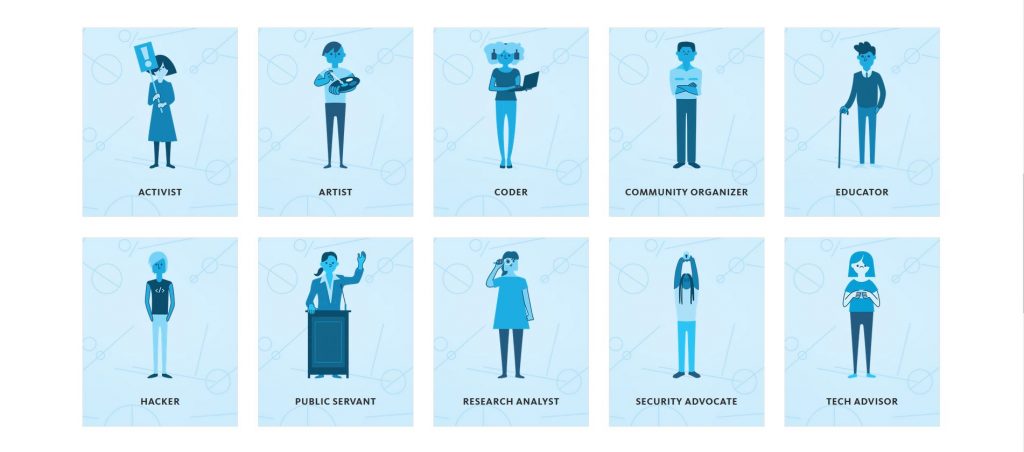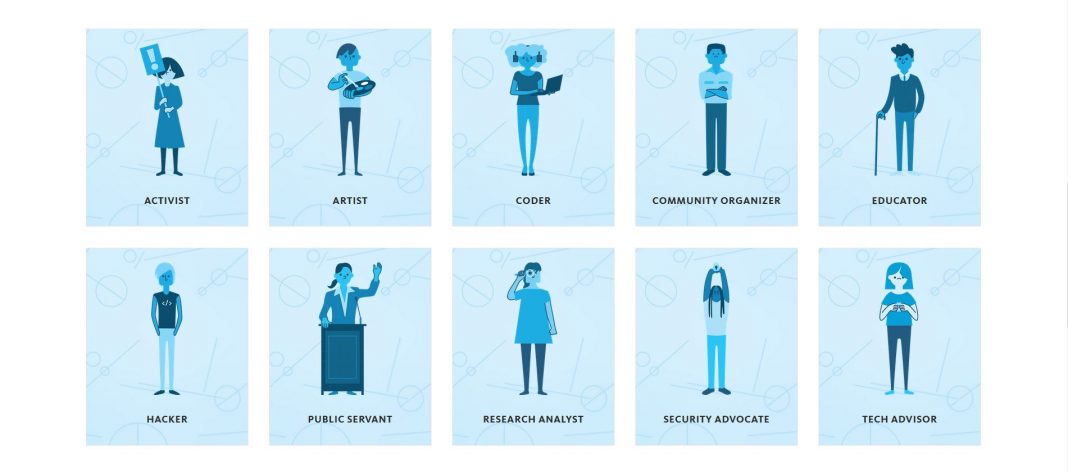In the United States, a network of colleges and universities are in the midst of building an emerging field that aims to address issues of public interest through technological skills.
The Public Interest Technology University Network (PIT-UN) is a partnership between the Ford Foundation, Hewlett Foundation, New America and 21 colleges and universities, committed to developing the nascent field of public interest technology and nurturing a new generation of civic-minded technologists.
Founded in 2019, the partnership strives to identify and implement various measures to produce graduates that possess multiple fluencies that combines technology and policy.
Colleges and universities that are members of PIT-UN are dedicated to driving progress in this new field in their respective campuses. In addition to other initiatives that they consider relevant in growing public interest technology, members may choose to concentrate on some or all the following elements:
- Support curriculum and faculty development to enable interdisciplinary and cross-disciplinary education of students, so they can critically assess the ethical, political, and societal implications of new technologies, and design technologies in service of the public good.
- Develop experiential learning opportunities including clinics, fellowships, apprenticeships and internship with public and private sector partners in public interest technology.
- Find ways to support graduates who pursue careers working in public interest technology, acknowledging that financial considerations may make careers in this area unaffordable to many.
- Create mechanisms for faculty to receive recognition for the research, curriculum development, teaching, and service work needed to build public interest technology as an arena of inquiry.
- Provide institutional data that will allow other partnership members to measure the effectiveness of their interventions in helping to develop public interest technology.

New America defines public interest technology as a field that “adopts best practices in human-centered design, product development, process re-engineering, and data science to solve public problems in an inclusive, iterative manner—continuously learning, improving, and aiming to deliver better outcomes to the public.”
The notion of creating this field draws on the development of public interest law that came about in the United States in the 1980s.
Public interest law has since transformed legal education in the country – by way of establishing legal clinics that serve the poor and vulnerable, as well as advocating on behalf of the general public – subsequently opening up new career paths for law school graduates.
In this context, public interest technology should be taken into serious consideration as today’s youths, including those with a background in technology-related fields, want to play their part in helping those in need through their skills.
By offering them a field that enables them to gain knowledge and skills in technology and public policy, these youths will then be properly equipped in solving real-world problems and doing work that truly matters to them.
Public interest technology can also help policymakers to be more open in the use of technology when serving the people. Through a better understanding of the impact technology has on people’s lives, governments will then recognise potentials, rather than threats, of the various aspects of technology.




